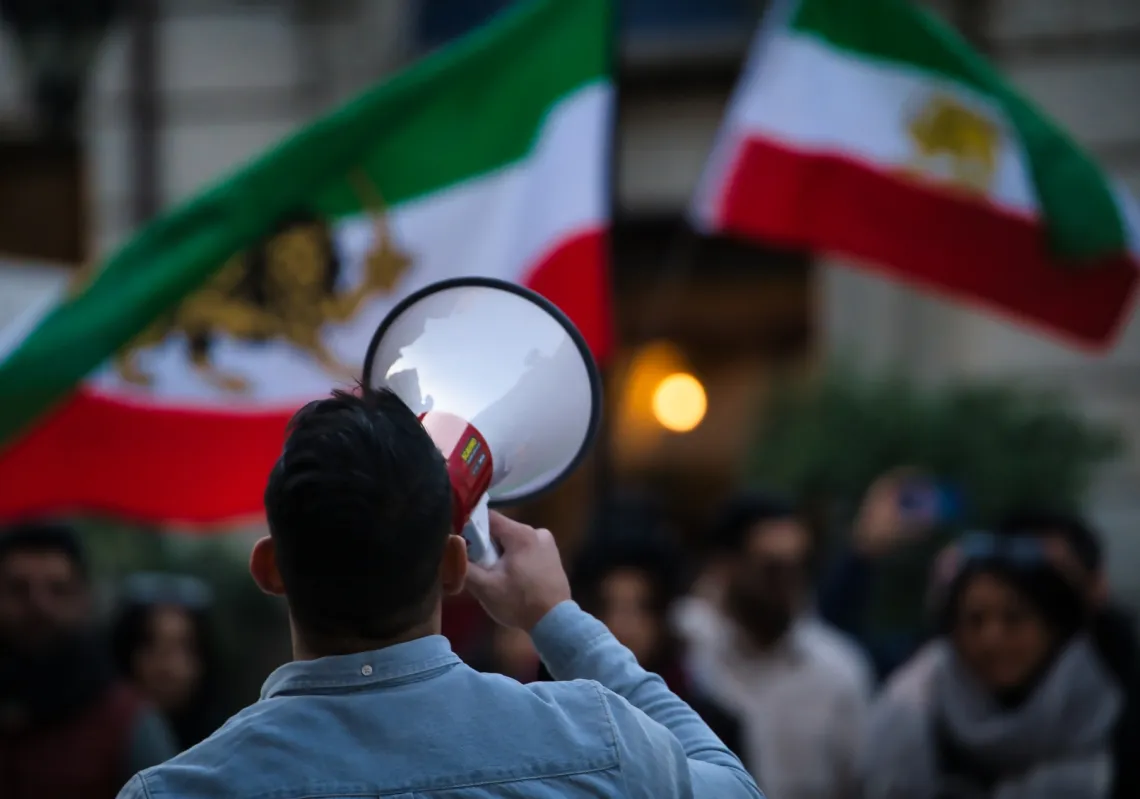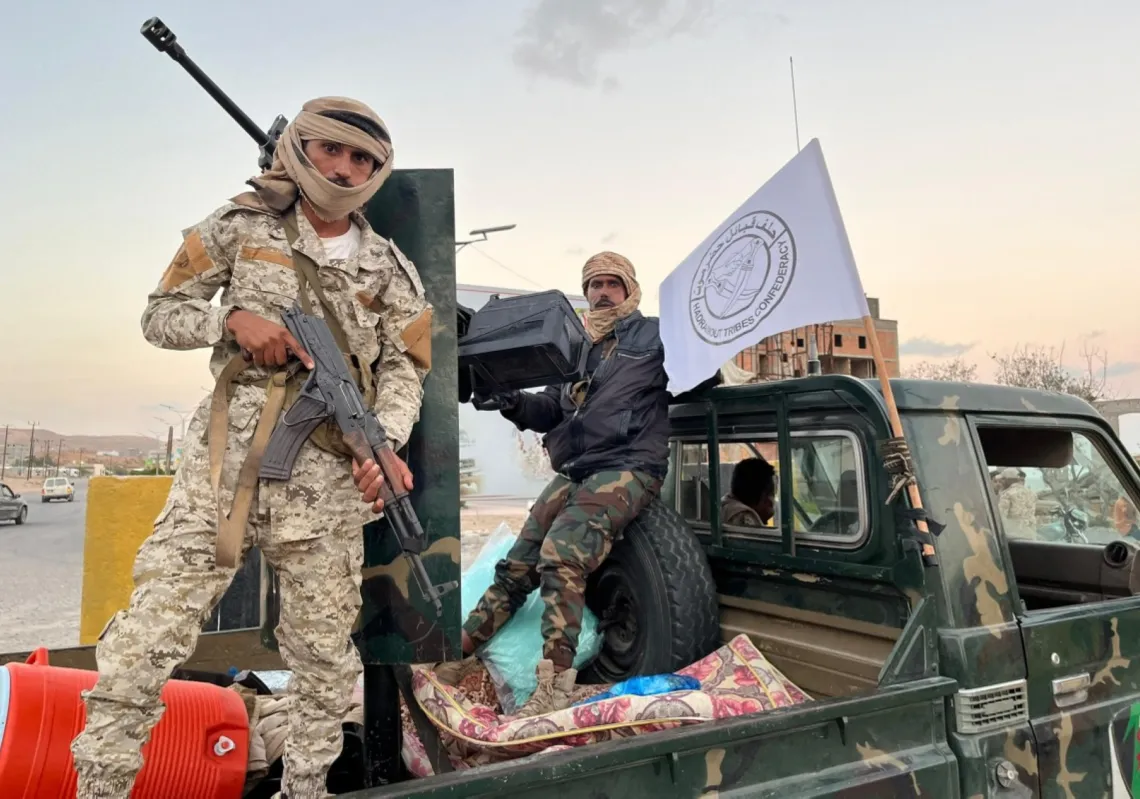By midday of Tuesday, 20 November 1979, followers of Gemhan Al–Outeiby, leader of a notorious religious insurgency, had run out of their last Kalashnikovs. They had already been barricaded and besieged in the Holy Mosque cellar while trying to climb onto its minarets to take control of the Mosque. All of a sudden, the Saudi TV stopped broadcasting to air Naif Bin Abdul Aziz, making a statement to the nation. Fatigued, yet wearing an auspicious smile that was playing on every contour of his face, he declared that the Holy Mosque cellar had already been purged of insurgents.
This was followed by a famous international conference which proved to the world that Naif was the most powerful man in the Saudi Security apparatus and thus drew the curtain over the hardest times in modern Saudi History. For Naif made an indelible name to go down in history for ever. Since then Naif has been in charge of the most important Saudi security files and the architect of border agreements with the neighbouring countries.
He started his political career as a mature young man under the age of twenty when he was appointed to the important office of attorney of Al-Ryadh district. After the seizure of the Holy Mosque by a militant Islamic group, his flair as a security man came to the fore. Due to the sacred nature of the place, handling this sensitive situation required a strong personality capable of dealing with all the parties concerned with the incident, particularly the clergy and the Islamic public opinion. Press interviews followed in a wonderful marathon that spotlighted that security figure whose contribution to security was overshadowed by his media contributions.
It was just natural that a man with this charisma should win the royal trust and be appointed as second Deputy Prime Minister, amid international anticipation of who will occupy this office which has remained vacant since King Abdulla's accession to the throne. Given the present situation on the Saudi arena, this appointment was no surprise to political experts since King Abullah's trust in his brother is derived from the latter's long track record in stabilizing Saudi Arabia.
At the turn of the last century and the beginning of this decade, Naif found himself encountering a situation similar to that of the early eighties. Extremist groups came back to the scene, this time with new techniques and tactics that took the best part of international security services yet did not defy the wits of Naif Bin Abdul Aziz, the pioneer of intellectual security. He worked hard on this file and finally came out with a view that won him the admiration of the whole world when it was put forward for the first time. Such was the theory of intellectual security, which proved to be the most powerful weapon in fighting terrorism, given the strategy and successes achieved due to its implementation.
Subsequently, all world countries, even US and UK, turned their attention to this theory and adopted its basic tenets. Let alone other Arab and Islamic countries where Naif marked a transition from using force in fighting terrorism to using reason by drying up the sources of extremism. Thanks to Naif, the Saudi security profile has kept clear of the bumpy road of terrorism. Now Saudi Arabia is one of the world's most secure spots, by virtue of the lord of intellectual security.
Naif Ben Abdul Aziz is a prudent speaker and a professional interviewer. He has been known for his influential press conferences and astonishing media interviews. A lot of Saudi media people consider these successful conferences and interviews to be an example to be followed, because they deal with hot and critical security topics and his responses come spontaneously without any reservations. He is often asked about touchy security issues and never hesitates in his speech. Naif is known for his closeness to the Islamic as well as the liberal movements. He understands the overall intellectual spectra in the Saudi arena. He is also well aware of recent intellectual developments.
Naif does not discriminate between members of those two movements. This has enabled him to win the approval of the majority. As a result, he has become closer to mainstream Saudi thought and more able to deal with leading intellectuals.
Thought is a philosophical and intellectual undertaking while security is a military and police undertaking. In his theory about intellectual security, Prince Naif takes both into consideration.
Prince Naif was born in (1352 A.H./1933 A.D.) in Taif. He is currently the Second Deputy Prime Minister and the Saudi Minister of Interior. He is the 23 son of King Abdul Aziz Al-Saud and has been the Minister of Interior since 1975.
Prince Naif heads many international and local organizations and committees. He has also chaired more than ten internal committees and was awarded scores of international and Arab medals. He obtained a number of Doctorate degrees.
In so much as he demonstrated his security skills during the most difficult circumstances experienced by Saudi Arabia, he is also fond of hunting, hawks and horse riding. He is nicknamed as (Master of Peninsula falconers). Prince Naif dedicates a good deal of time to reading in the fields of Arab and international politics. He is also interested in reading history books.
Observers believe that Naif is the invisible force from which the government derives its power in all difficult and critical issues.








